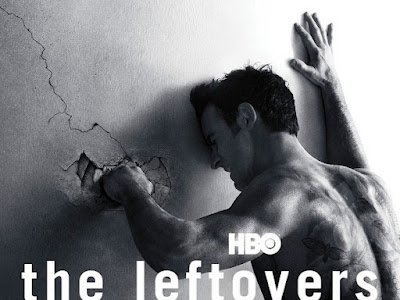Transformation and Identity in Breaking Bad and Better Call Saul: A Comparative Analysis of Walter White and Jimmy McGill
In the final season of "Better Call Saul," a pivotal scene encapsulates this dichotomy. During a conversation about regrets, Jimmy confesses that his greatest remorse is injuring himself during a childhood scam—a slip-and-fall trick gone awry. Walter, baffled by the triviality of this admission given the gravity of their actions, remarks, "So you were always like this." This exchange is telling; it underscores Walter's failure to grasp Jimmy's complex struggle with his past and highlights the fundamental differences in their character arcs.
Walter White's transformation in "Breaking Bad" is incremental yet profound. Initially portrayed as a sympathetic figure—a struggling teacher diagnosed with terminal cancer—Walter turns to manufacturing methamphetamine to secure his family's financial future. However, as he delves deeper into the criminal underworld, his altruistic motives give way to ambition, pride, and a thirst for power. Walter evolves into his alter ego, Heisenberg, shedding his former identity entirely. His journey is a study in how circumstances and choices can fundamentally alter a person's character.
Conversely, Jimmy McGill's narrative in "Better Call Saul" is a testament to the relentless battle against one's own inclinations. Despite his origins as "Slippin' Jimmy," a small-time con artist from Cicero, Jimmy earnestly attempts to reform himself. He works diligently to establish a legitimate career as a lawyer, striving to earn the respect of his brother Chuck and the approval of society. This period reflects his genuine desire to escape the allure of his swindling past and redefine himself.
However, Jimmy's struggle is fraught with setbacks. His relationship with Chuck is particularly telling. Chuck, who knows Jimmy intimately, harbors a steadfast belief that Jimmy cannot change—a conviction that strains their relationship. In the early seasons, viewers may perceive Chuck's attitude as harsh or unsupportive. However, as Jimmy continually reverts to dubious behaviors, especially when faced with professional and personal obstacles, Chuck's skepticism gains credibility.
A turning point in Jimmy's journey is the departure of Kim Wexler, his confidante, and moral compass. Kim's influence often serves as a tether, grounding Jimmy and encouraging his better instincts. When Kim leaves, disillusioned by the consequences of their actions, Jimmy is left unanchored. This loss marks a significant moment where he abandons his attempts to resist his "Slippin' Jimmy" persona entirely, fully embracing his transformation into Saul Goodman. The absence of Kim's stabilizing presence exacerbates his descent, illustrating how personal relationships can impact one's struggle against inherent tendencies. The fact that he gets Kim Wexler to come to the trial in the last episode, which is the confrontation scene, is also a striking indication.
Furthermore, the contrasting narratives raise compelling questions about destiny and self-determination. Walter's descent suggests that given the right (or wrong) circumstances, anyone is capable of dramatic transformation. Jimmy's story, however, implies that one's core identity is shaped by a complex interplay of innate characteristics and environmental influences—that attempts to alter who we fundamentally are may be met with persistent challenges. This is poignantly evident as Jimmy repeatedly sabotages his chances for redemption, ultimately embracing his persona as Saul Goodman.
In conclusion, "Breaking Bad" and "Better Call Saul" offer rich, multifaceted examinations of character development. Walter White's evolution is emblematic of transformation wrought by external pressures and internal failings. In juxtaposition, Jimmy McGill's journey underscores the challenges of escaping one's inherent nature and the impact of personal relationships on that struggle. Together, these narratives delve into the complexities of identity, morality, and the human capacity for change—or the lack thereof. They invite viewers to reflect on whether we are shaped more by our choices and circumstances or by the immutable aspects of our character intertwined with our past experiences.


Comments
Post a Comment